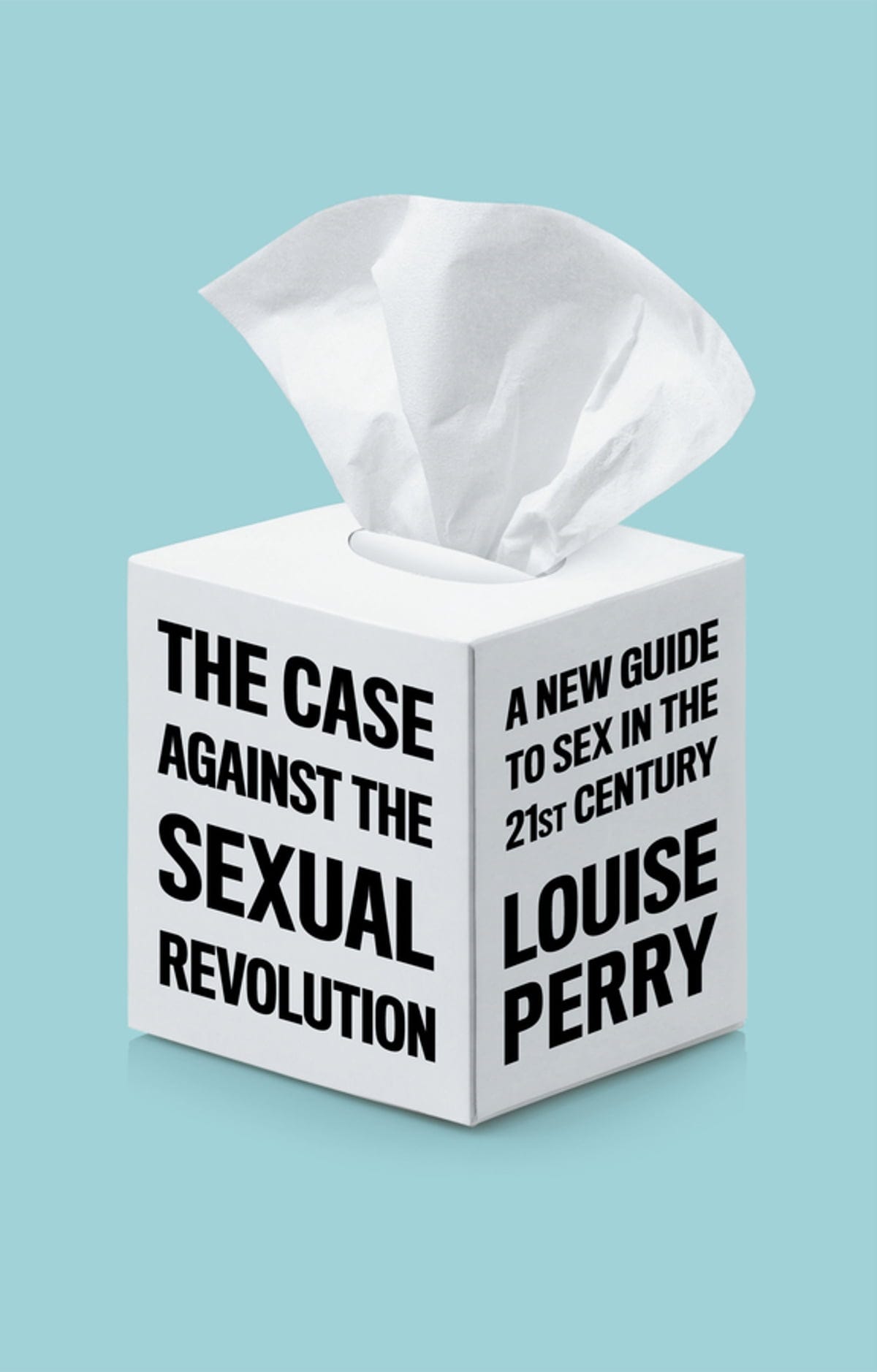Reclaiming the Matriarch
The Matriarch as Aspirational Figure
What does it mean to age gracefully? In this week's FD original, Lucy Dearden makes a case that women shouldn't seek to remain forever young—and forever individualistic—but should instead prepare to embrace the role of matriarch. Doing so can lead to personal, familial, and communal flourishing.

Fairer Disputations
Reclaiming the Matriarch: A Call to Women for Personal Fulfilment and Generational Impact
LUCY DEARDEN
It may sound morbid, but it’s worth asking yourself: how would you like to die? I don’t mean physically, but rather, in what role do you see yourself when your time inevitably comes? Do you want to be someone who is remembered for having been the life of the party in their twenties? For earning that career award in their thirties? For being a sweetheart in the care home, but with no visitors, disconnected from the life she once lived?
I want to die as a matriarch: surrounded by children and grandchildren, who are grateful for the role I played in their lives and who see and value the purpose I had there. I want to be remembered fondly by the community I chose to serve. I want to leave the world, not with a bang, nor with a whimper, but as part of an ever-increasing chain.
This Week's Links:
First, Featured Author Mary Harrington, in reviewing a book about "women of the far right," questions the relationship between sex politics and right-wing politics. She suggests that real relationships, especially parenthood, can't coexist with political absolutism.

First Things
Reactionary Hope
MARY HARRINGTON
Our existence as men and women remains fundamental to our continuation as a species, even as it refuses either to submit to politicized definition or to be entirely abolished. Meanwhile, the demands of love will always be more grounded than any political theory. Pursuing the best interests of young children requires a pragmatism that is not easily compatible with firebrand political absolutism, whether revolutionary or reactionary. In the end, it is this messiness of everyday reality that imposes the most pitiless limits on technological utopianism, and on its reactionary mirror image.
Next, Sarah Ditum reviews the new memoir by Hugh Hefner's widow, Crystal. Ditum reflects on Playboy's legacy, arguing that "choice feminism" made women complicit in their own exploitation.
Meanwhile, at COMPACT, A.B. Crowder makes the case that porn shouldn't be unionized—it should be banned (paywalled).

UnHerd
Crystal Hefner Came Too Late
SARAH DITUM
If you became a girlfriend, you might be able to become a playmate, with a centrefold in the magazine. If you became a playmate, you might be able to parlay that into the kind of fame that Pamela Anderson or Anna Nicole Smith had achieved. Implicit was the assumption that the bad parts of these women’s stories — the stolen sex tape that humiliated Anderson, the drug addiction that killed Smith — could be skipped. In the economics of choice feminism, the undesirable costs of sexualisation were outsourced to the sexualised, never accounted for. Hefner’s mini-harem were forever kept in check by the threat — as Crystal puts it — of being replaced “by another woman with blonder hair, better breasts, and a better nose”.
The messages beauty and skincare companies send to teens are increasingly pernicious, argues Holly Thomas. And in this week's episode of Maiden Mother Matriarch, Featured Author Louise Perry and Freya India agree.
Meanwhile, at The Critic, Victoria Smith suggests that the very meaning of female bodies is being changed—and "gender-affirming" and cosmetic surgeries are both to blame.

CNN Opinion
Teen Obsession With Skin Care Products Isn't a Trend, It's a Warning Sign
HOLLY THOMAS
The hashtag #skincareroutine on TikTok has 77.3 billion views, and #preventativebotox has 59.7 million. All the time, younger and younger influencers are hopping aboard to share their “anti-aging” secrets. In a since-deleted video, one 14-year-old rattled off her daily routine, which includes (but isn’t limited to): double-cleansing, toner, vitamin C serum, glycolic acid, salicylic acid, two different types of moisturizer and a drink of green tea to slow down “the aging process.” “I started doing most of these things at 12,” she told her thousands of followers.
Featured Authors February
Fairer Disputations is honored to have the most interesting women currently writing on sex, gender, and feminism as our Featured Authors. And we're excited to add to their number! Starting next week, we'll be unveiling one new featured author a week—so keep an eye on this space.

College Reading Groups
Are you a college student? We're seeking leaders for our new on-campus reading groups. Participants will get free books and an opportunity to participate in exclusive zoom conversations with some of our most popular authors—starting with Louise Perry, author of The Case Against the Sexual Revolution. We're excited about the outpouring of interest we've seen so far. To learn how to start a group on your campus, or if you'd like to be put in contact with one of our existing groups, reach out to Nicole at info@fairerdisputations.org. Monday is the deadline for launching a group this spring!
Have Opinions?
Fairer Disputations happily accepts pitches and submissions for publication on our site. Email us at submissions@fairerdisputations.org.




